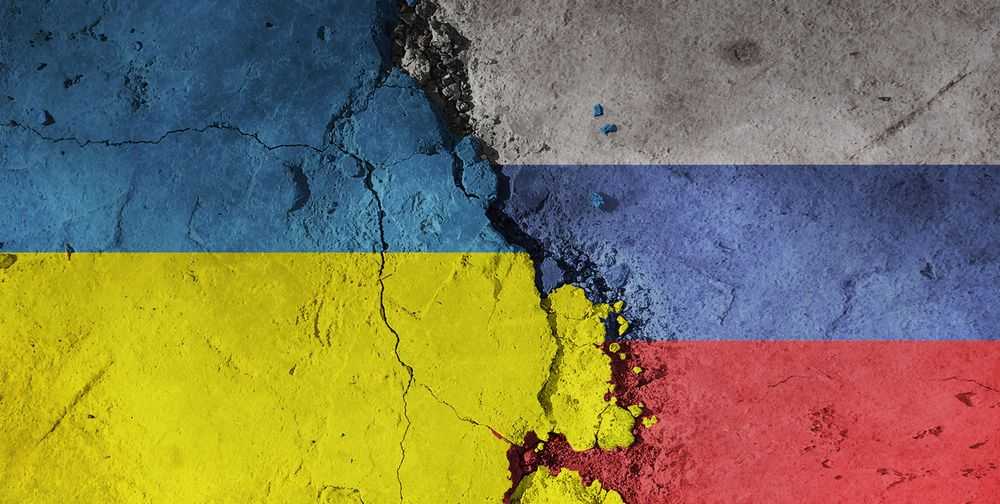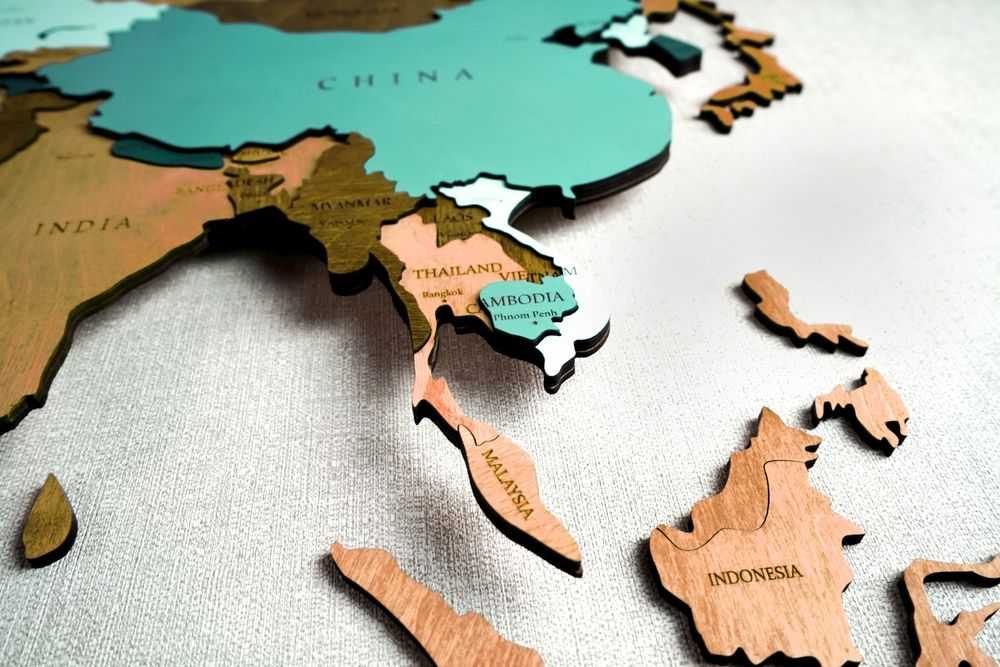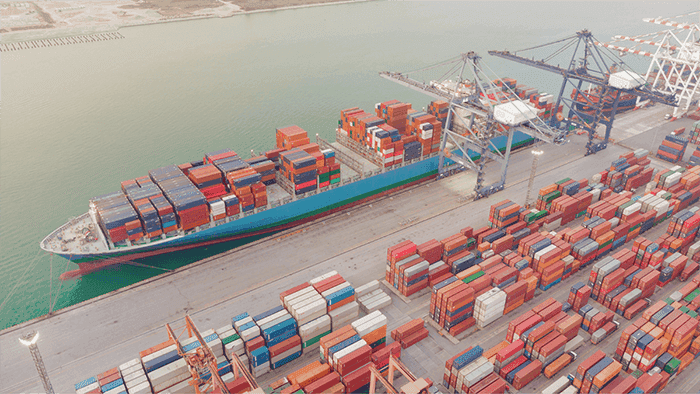
Home>Research>Research Groups and Seminars
Research Groups and Seminars
Research groups and seminars are responsible for stimulating scientific activity within the institution. Both organise seminars for researchers and doctoral students to enhance their specific training or explore methodological approaches in the social sciences. In addition, they facilitate the long-term development of a coherent and sustainable network of researchers focused on a specific theme, promoting continuity and collaboration. Finally, they provide a forum for discussion, idea exchange and collective reflection on a specific subject or geographical area, thereby encouraging collective thinking.
With the exception of the CERI's China seminar, research groups and seminars are cross-disciplinary in terms of themes, subjects, and fields of research.
Follow us
Contact us
Media Contact
Coralie Meyer
Phone : +33 (0)1 58 71 70 85
coralie.meyer@sciencespo.fr
Corinne Deloy
Phone : +33 (0)1 58 71 70 68
corinne.deloy@sciencespo.fr
































